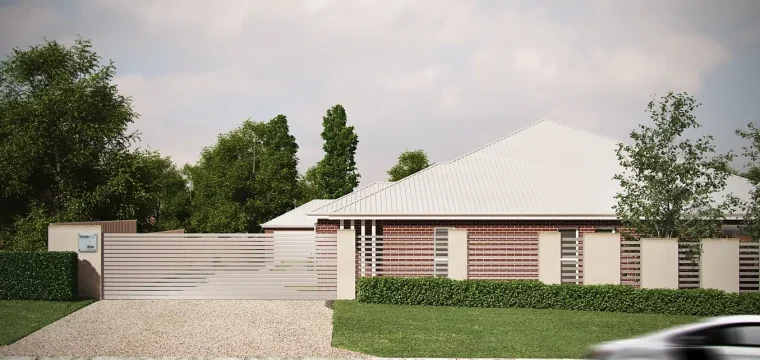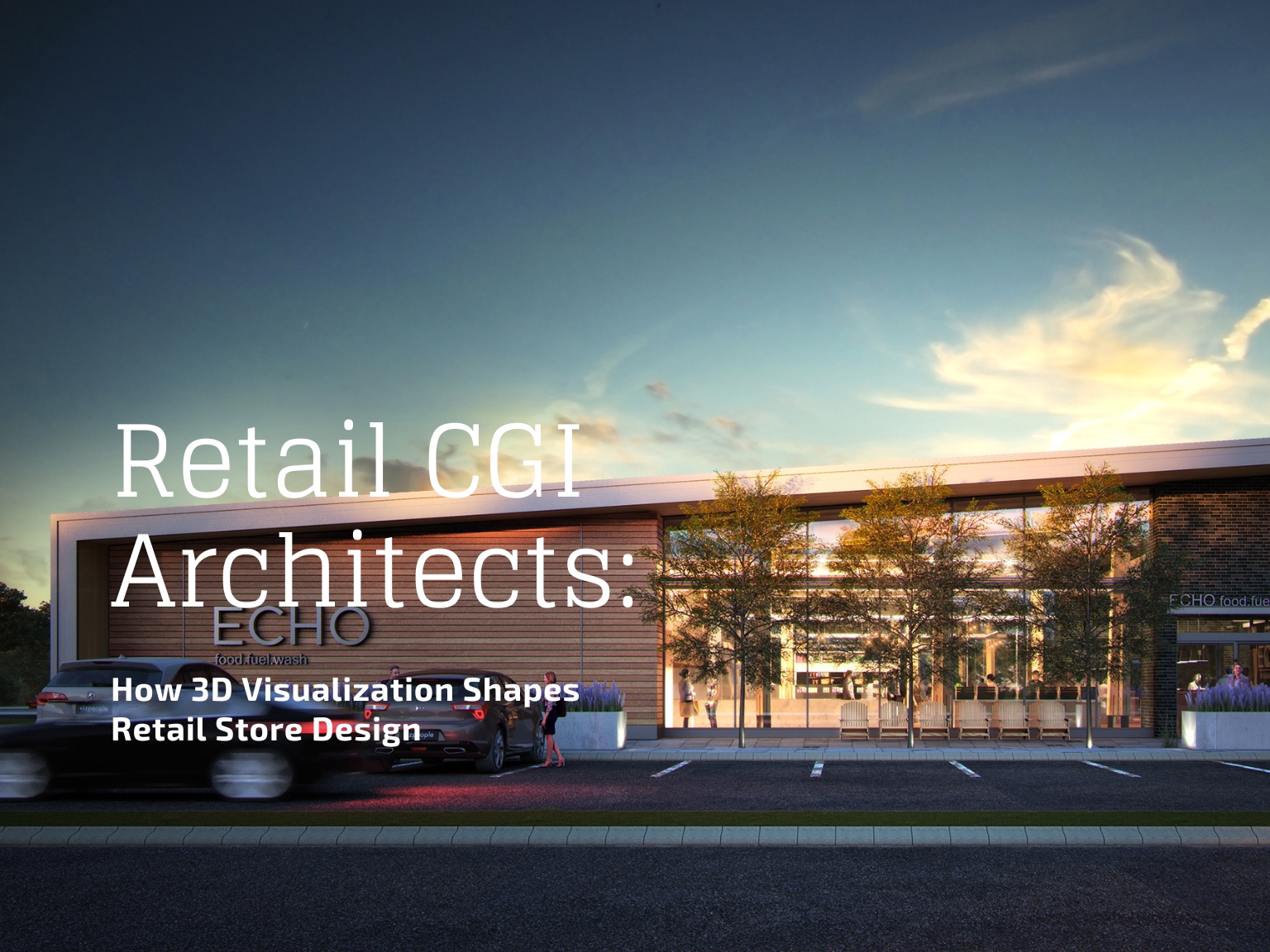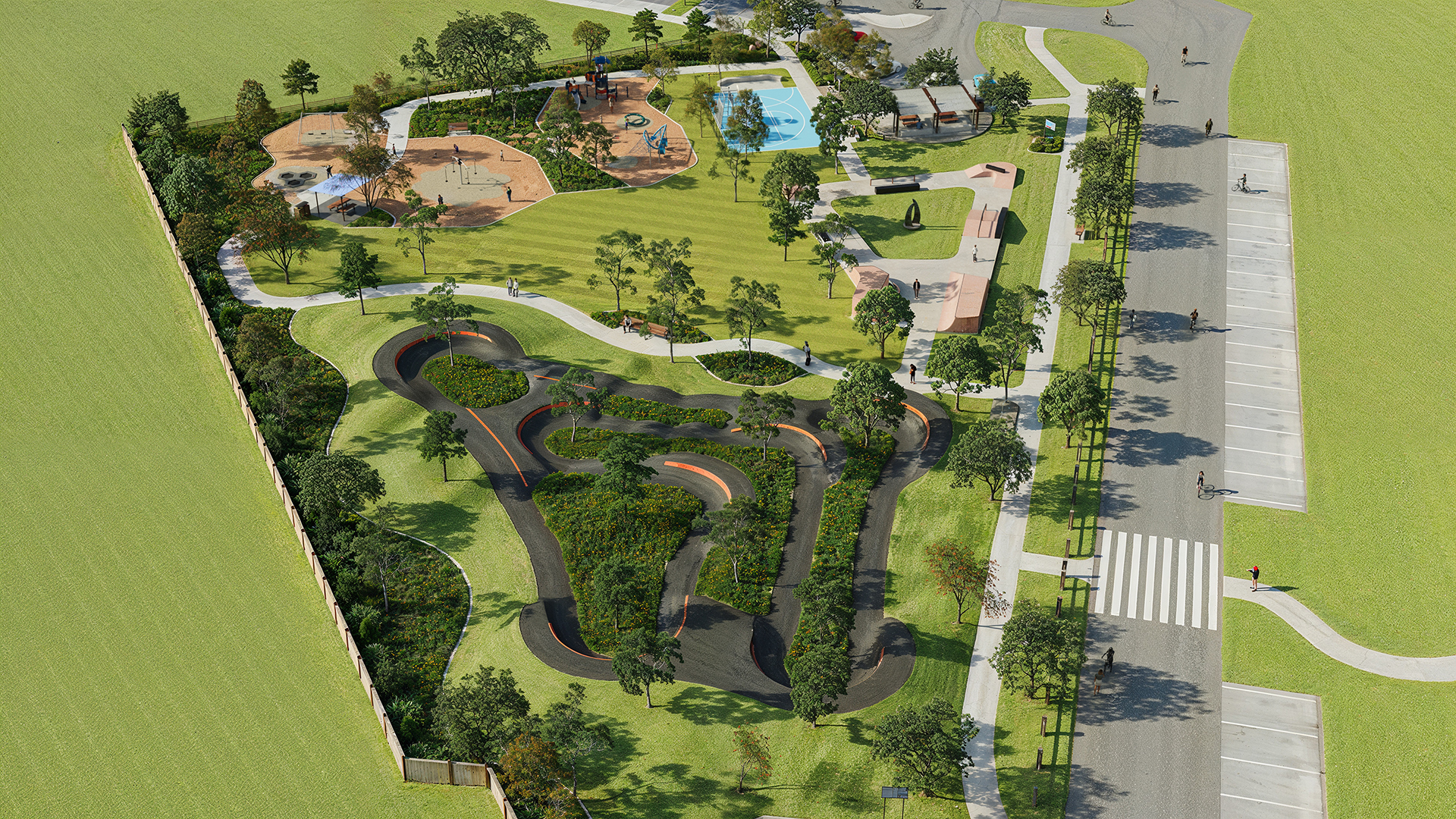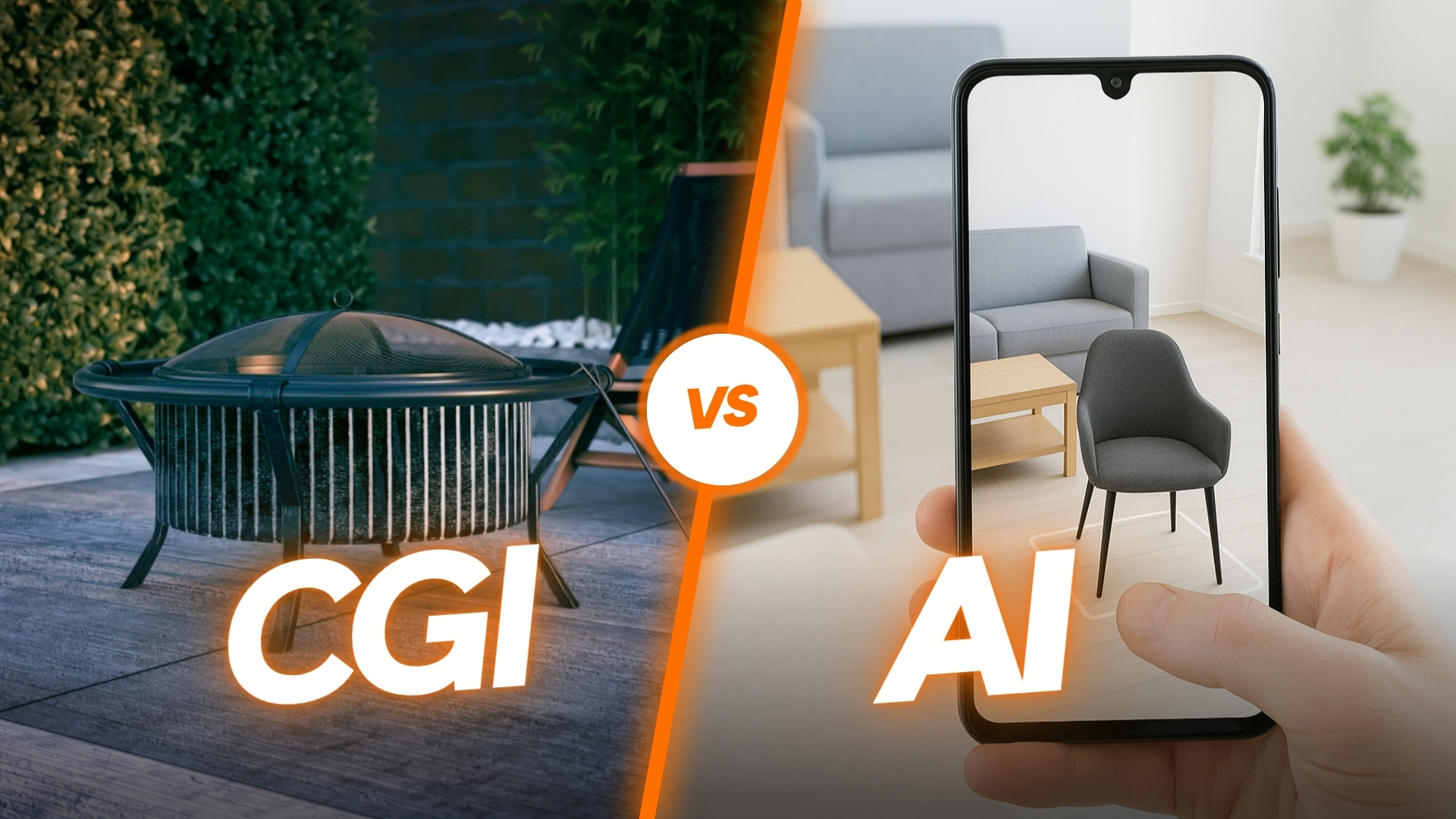Design and Visualization of Architecture
Things are changing rapidly around us with the advent of new technologies every day. And the architecture industry is no exception. The use of hand-drawn sketches had started to become obsolete with the release of AutoCAD. For many years AutoCAD (known for 2D Drawing) was the main tool for architects. Since we view 3D in real life, 3D technology has become widely available. Architects started to move and adapt to the new technologies in design. Also, 3D Visualization has become the most effective way of design communication.
Autodesk Revit
Revit is a 3D BIM tool used by architects to design buildings, integrating architectural design with MEP and structural engineering, featuring parametric modeling for detailed construction docs and enabling real-time collaboration.
ArchiCAD
ArchiCAD, created by Graphisoft, is a BIM software tailored for architects, offering a mix of 2D drawing and 3D modeling tools, an integrated BIM workflow, a vast library of architectural elements, and robust collaboration features, with a reputation for streamlining the design process, especially popular among European architects.
AutoCAD
AutoCAD is widely used in architecture for its accurate 2D and 3D drafting, effective layer management, and the ability to create detailed construction drawings that can be integrated into 3D models.
Rhino (Rhinoceros)
Rhino is celebrated for its ability to craft complex and organic 3D shapes with precision, offering features like NURBS modeling, a wide range of plugins including Grasshopper, and compatibility with various design tools, making it perfect for architects needing detailed geometric control.
SketchUp
SketchUp is praised for its user-friendly design and versatility in 3D modeling, offering an intuitive interface, a large selection of plugins and models, and the ability to render in real time, making it a top choice for architects needing quick conceptual and detailed designs.
unlike other 3D software, Google SketchUp has been used as a tool to design architecture and taught in architecture institutions.
3ds Max
3DS Max is heavily utilized for both 3D modeling and rendering. Yet, it’s not commonly chosen for designing architecture. 3D visualization artists usually import design drawings or 3D models from the previously mentioned applications and proceed from there.
Its early arrival on the market, combined with its flexibility in modeling and compatibility with various rendering applications, has made it a favorite among many 3D visualization artists. This is why it remains a top choice for architectural visualization professionals.
Blender
Blender is a free open-source 3D software with extensive tools for modeling and rendering, including Cycles and Eevee engines, plus animation features, making it a budget-friendly choice for architects and visualization professionals.
Like 3Ds Max, Blender is also not a tool used to design architecture.
Cinema 4D
C4D is known for being easy to use, allowing architects to create visualizations quickly without much training. It provides robust modeling tools, integrates with leading rendering engines for high-quality images, and supports animations for engaging presentations. Additionally, C4D works well with real-time visualization plugins and is compatible with various architectural software, streamlining the design workflow.
Although C4D is mainly used for VFX and animation, Because of its ease of use and compatibility the software is being used by more and more 3D Artists.
Finally, here is a comparison table that I have prepared-

Ray Traced Rendering Engines
The applications above work with external rendering engines to produce photo realistic results. There are a few popular rendering engines like V-ray, Corona, Octane, Arnold, Redshift, Maxwell, and Thea Render. Among these Vray is the most popular one and works with almost all 3D modeling applications discussed above except Autocad as of now. ( Sept 2024).
You need to look into certain features and limitations of these rendering engines to be able to judge. Take a look at the table below to have an idea at a glance-

By looking at the statistics on the table above I came up with the following overall rating. Of course I included pros and cons too.
V-Ray
The rendering tool offers top-notch, lifelike images and is flexible enough to work with both CPU and GPU, seamlessly integrating with a variety of 3D applications; however, it presents a challenging learning curve for those just starting out.
Corona Renderer
Easy to use and excels at creating realistic images with minimal effort, especially when integrated with 3ds Max; however, it’s not as quick as GPU renderers and lacks some of the sophisticated features found in V-Ray.
Arnold
The software is great for creating detailed, high-quality renders and is popular in the film industry because it’s reliable and can handle big projects. But, it needs a lot of computing power and time to render images, which can be tough for beginners to learn.
Octane Render
The software boasts impressive speed thanks to GPU acceleration and offers real-time rendering capabilities, ensuring high-quality outputs. It’s also designed to be relatively easy for users to learn. However, it does require high-end GPU hardware to operate efficiently and is limited exclusively to GPU rendering methods.
Redshift
The renderer is great at quick GPU rendering and managing detailed scenes. It works well with 3D apps and offers production flexibility. However, it needs top-tier GPUs that not everyone may have.
Maxwell Render
The rendering engine is capable of creating exceptionally realistic images, which is perfect for projects requiring high-quality visualization. However, its major drawback is the slow rendering speed, which can be a significant hindrance for projects with strict time constraints.
Thea Render
The renderer provides a decent balance between speed and quality, supporting CPU/GPU and offering biased/unbiased methods. Yet, it’s not as fast or popular as some rivals, leading to a smaller support community and fewer resources.
Real time 3D Rendering Engines
Enscape
Enscape is a plugin for real-time rendering and VR, perfect for architects to interact with designs, featuring walkthroughs and simple rendering tools.
Unreal Engine
Unreal Engine is a versatile 3D tool used in gaming and architecture for creating detailed, interactive visualizations with features like real-time rendering, VR/AR support, and lifelike lighting.
Twinmotion
Twinmotion is favored for its quick, user-friendly real-time rendering, supporting direct sync with design tools and VR, aimed at professionals in architecture and planning.
Lumion
Lumion is a real-time rendering tool for architects, known for its speed, ease of use, and features like a large material/object library and support for animations.
D5 Render
D5 Render is a fast and user-friendly real-time rendering engine popular for architectural visualization, offering features like ray tracing, photorealistic materials, and an asset library.
Here is a table I prepared to provide guidance on different aspects of these Real-time 3D Rendering applications at a glance.

The comparison tables above were created based on statistics and voting. We will update this article from time to time if we feel necessary.
These ratings here are subject to change and may need review. If you consider yourself as an expert and have at least 5 years of experience working in the architectural Visualization industry please feel free to Vote here and contribute.
Having 14 years of experience in the architectural visualization industry I sense these statistics are speaking the truth.
If you have any question or concern regarding this article please reach out to [email protected].
If you are looking for architectural 3D Rendering services please email [email protected]
or directly send your design brief by filling up this form.









